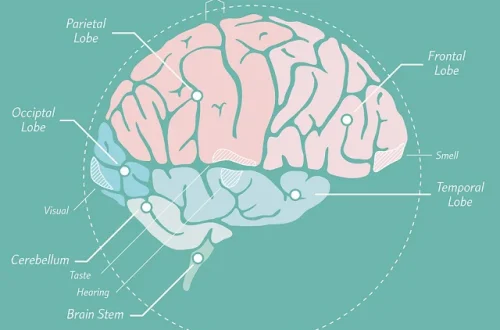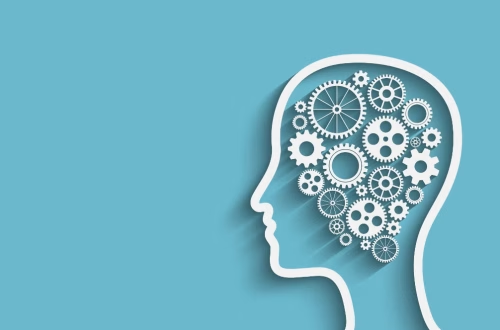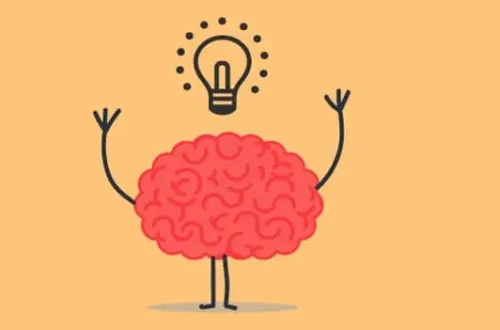Artificial Intelligence (AI) has become a ubiquitous, yet often invisible, force shaping our modern world. In its simplest form, AI refers to the simulation of human intelligence in machines, enabling them to learn, reason, and problem-solve. We encounter AI in the personalized recommendations that greet us on streaming services, the intelligent filtering that keeps our inboxes free of spam, and the virtual assistants that patiently answer our queries.
The influence of AI extends far beyond these daily conveniences, revolutionizing entire industries. In retail, AI-powered analytics predict consumer behavior, optimizing inventory and personalizing the shopping experience. The financial sector employs AI for fraud detection and algorithmic trading, while the entertainment industry leverages it for everything from content creation to targeted advertising. However, the rapid advancement of AI also brings to the forefront critical ethical considerations, including data privacy, algorithmic bias, and the potential for job displacement.
The underlying mechanisms of artificial intelligence operate through complex algorithms that process vast amounts of data to identify patterns and make predictions. Machine learning, a subset of AI, enables systems to improve their performance over time without explicit programming for each specific task. This capability has enabled the development of systems that can recognize images, understand natural language, and even generate creative content. The power of these systems lies in their ability to process information at scales that would be impossible for humans, identifying subtle correlations and patterns that escape human perception.
Natural language processing represents one of the most significant achievements in AI development, enabling machines to understand and generate human language with increasing sophistication. This technology powers virtual assistants like Siri, Alexa, and Google Assistant, allowing users to interact with devices through conversation. The advancement of language models has reached a point where AI can produce coherent, contextually appropriate text that is often indistinguishable from human writing. This capability has profound implications for content creation, customer service, and education.
Computer vision, another branch of AI, has enabled machines to interpret and understand visual information from the world. This technology powers facial recognition systems, autonomous vehicles, and medical imaging analysis. The accuracy of computer vision systems has improved dramatically, in some cases exceeding human performance in specific tasks. Applications range from quality control in manufacturing to early disease detection in healthcare, demonstrating the transformative potential of AI across diverse domains.
The democratization of AI tools has made sophisticated capabilities accessible to individuals and small organizations that previously could not afford such technology. Cloud-based AI services allow developers to integrate machine learning capabilities into applications without requiring deep expertise in the field. This accessibility has spurred innovation across industries, enabling startups to develop AI-powered solutions that compete with established players. The availability of pre-trained models and easy-to-use interfaces has lowered the barrier to entry for AI development.
As AI continues to evolve, its potential to address some of humanity’s most pressing challenges is immense, promising a future where intelligent systems work in concert with human ingenuity. Climate modeling, drug discovery, and urban planning are just a few areas where AI is already contributing to solutions for complex global problems. The ability of AI systems to process and analyze large datasets makes them invaluable tools for researchers working on challenges that require understanding complex systems and predicting outcomes.
The ethical implications of AI development cannot be ignored as these systems become more integrated into our lives. Questions about algorithmic bias, transparency, and accountability are increasingly important as AI systems make decisions that affect people’s lives. The challenge lies in developing AI systems that are not only technically proficient but also fair and transparent. This requires careful consideration of training data, algorithm design, and implementation practices to ensure that AI systems serve all members of society equitably.
The future of AI development will likely focus on creating more explainable and trustworthy systems. Current AI models, particularly deep learning systems, often operate as “black boxes” where the reasoning behind decisions is not easily understood. Developing techniques to make AI decision-making more transparent will be crucial for building trust and ensuring responsible deployment. Additionally, the development of AI systems that can learn from smaller datasets and adapt to new situations with minimal retraining will make these technologies more flexible and accessible.





